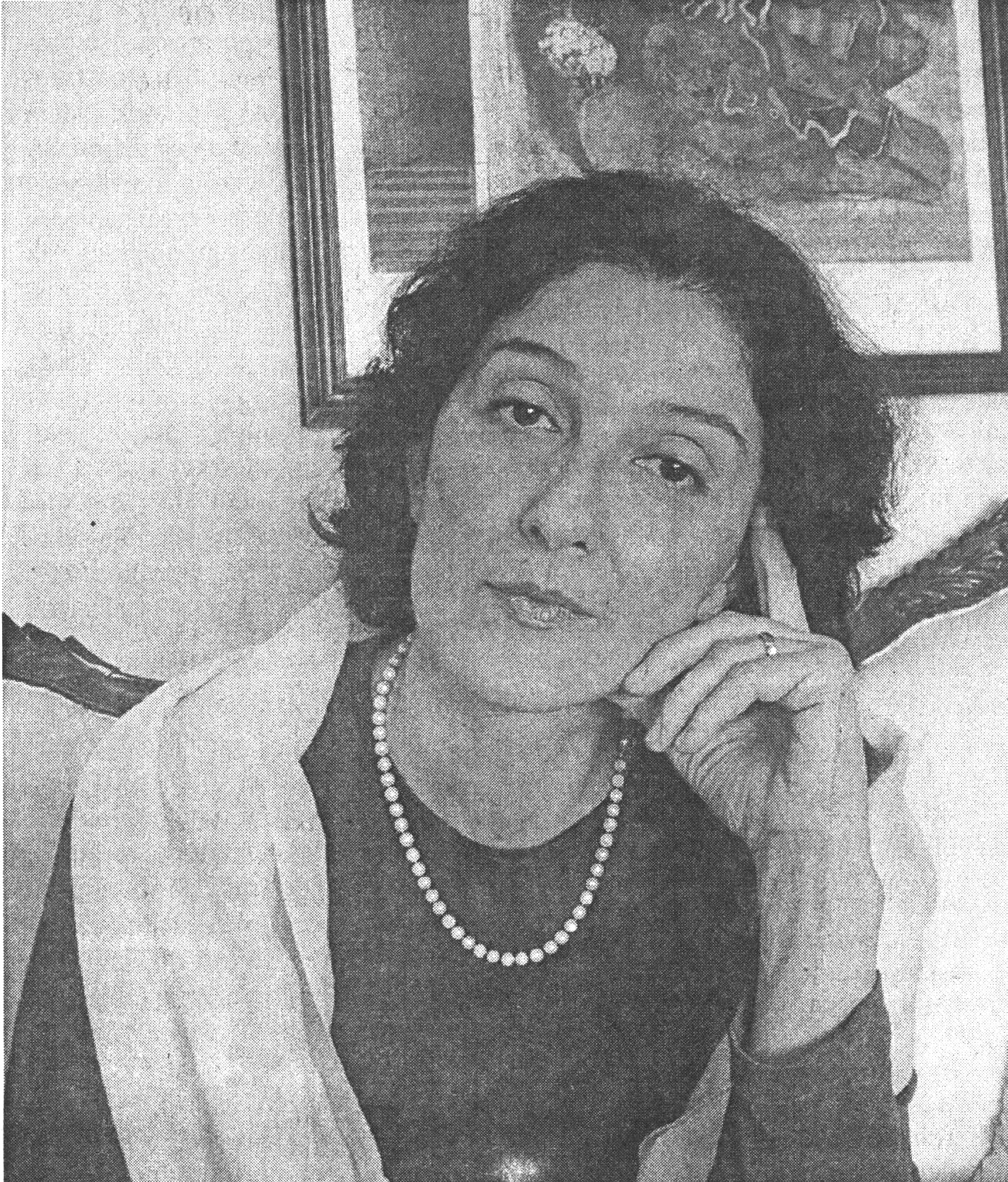 |
The Serb Orthodox Church seeks to become the state church
by Olga Popovic-Obradovic

Of the many bearers of the Greater Serbian project, the most important are the Serbian Academy of Science and Arts (SANU) and the Serb Orthodox Church (SPC). Both are active in promoting ethnic borders. Dobrica Ćosić [of SANU] has recently reminded us once again of his fixation with ethnic borders: playing his role as ‘father of the nation’, he has once again publicly aired his forty-year-old dream of partitioning Kosovo. But it is perhaps the SPC that plays the most important role in upholding the Greater Serbian project. It never in fact recognised Yugoslavia’s internal borders. Since the military and political collapse of the Greater Serbian idea, as an institution symbolising pan-Serb unity it has been seeking to encircle - spiritually, culturally and politically - the area that the state failed to incorporate as a result of the defeat. That area includes Montenegro.
The SPC promotes the view that Republika Srpska is a Serb state, that Montenegro is a Serb state, and that Kosovo should be partitioned. Nor has it forgotten the so-called Serb Krajina [in Croatia], nor yet Macedonia. Avoiding the question of its own responsibility for the war and the crimes committed during it, the SPC - which regained significant political influence under Milošević - has been trying since 5 October [2000, when Milošević fell from power] to provide this influence with an appropriate institutional form, and is on the way to achieving this. The ideal to which it openly aspires is its own establishment as the state church (at the moment it represents a typical para-state institution).
In regard to Montenegro, the SPC’s policy is to ignore Montenegrin state bodies, with the aim of creating a veritable state within the state. During the past few years its endeavours in this direction have enjoyed the open support of the Army, with which since 5 October it has formed a community of interests based on a strikingly successful collaboration.
Translated from a longer interview in Monitor (Podgorica), 5 November 2004
|